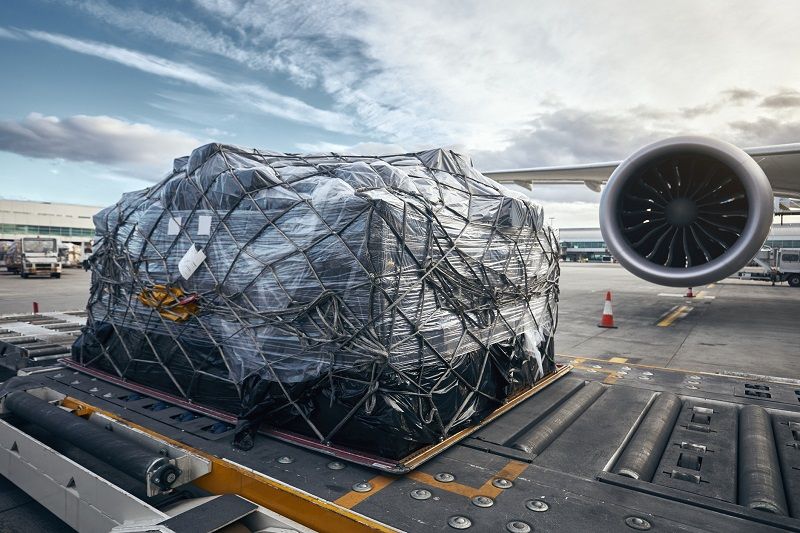The freight forwarding industry is facing an unprecedented crisis, with a substantial price and capacity volatility in air freight and blanked sea freight sailings causing delays in delivery – and a looming financial impact. Here is an overview of how the industry is reacting.
The absence of passenger jet capacity and the high demand for urgent supplies has kept air cargo rates at record levels in the last few weeks. According to The Loadstar, air freight forwarders are reporting more than $500,000 for an Asia-Europe A330 charter, and more than $21 per kg for some urgent shipments on transatlantic routes.
In the meantime, the pressures on forwarders are tightening: To block space on a flight, airlines are asking for payments upfront, causing revenues to drop tremendously.
Some observers are watching for potential consolidation, with larger forwarders possibly buying up weakened smaller to mid-size forwarders facing the risk of bankruptcy in this economy.
To accommodate some of the importers priced out of the air, several forwarders are offering priority ocean services with guaranteed space and as short as 10-day transpacific trip durations.

However, to keep ocean freight rates from collapsing, ocean carriers blanked a new record number of sailings from now until the end of June. One of the main issues for sea freight is the hardship of crews not being allowed to disembark from ports: Around 100,000 crew changes would be required every month.
Nevertheless, ports around the world continue to restrict when the crew can disembark. Simultaneously, the collapse in passenger flights has drastically reduced the options for repatriating seafarers, preventing the standard frequency of crew changes.
Substantial price and capacity volatility in air freight and blanked sea freight sailings have pushed attention toward alternative transportation modes. In particular, overland routes, especially between Asia and Europe, seem to be a good alternative.
According to some industry observers, a focus on overland freight could take over. It's faster than sea freight, cheaper than air freight, and easy to schedule, which means reliable rail transport in China is here to stay.
Stay Tuned with EXIMA
Would you like to stay informed about international trade updates, and learn how to do business across the globe? Join EXIMA today!









